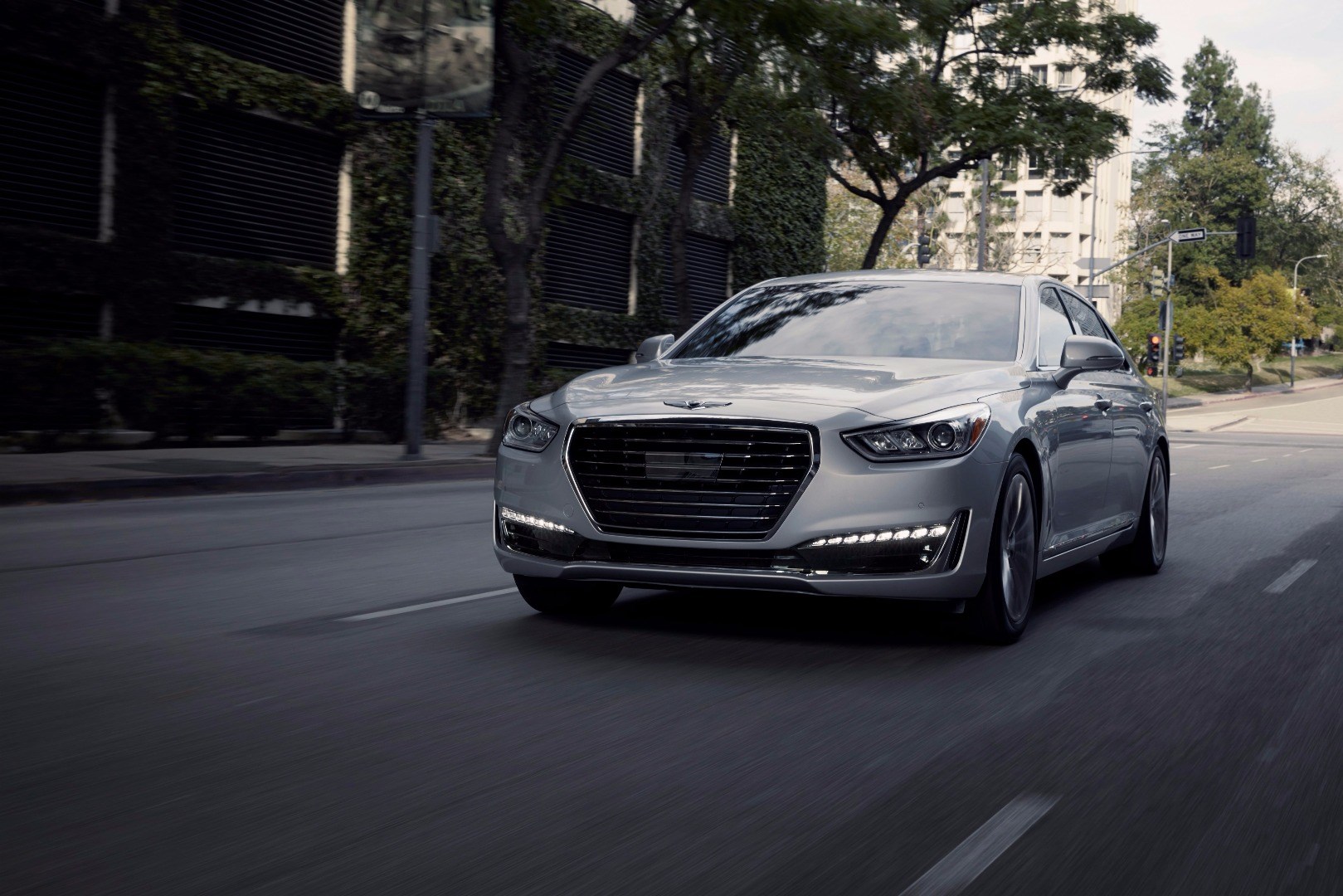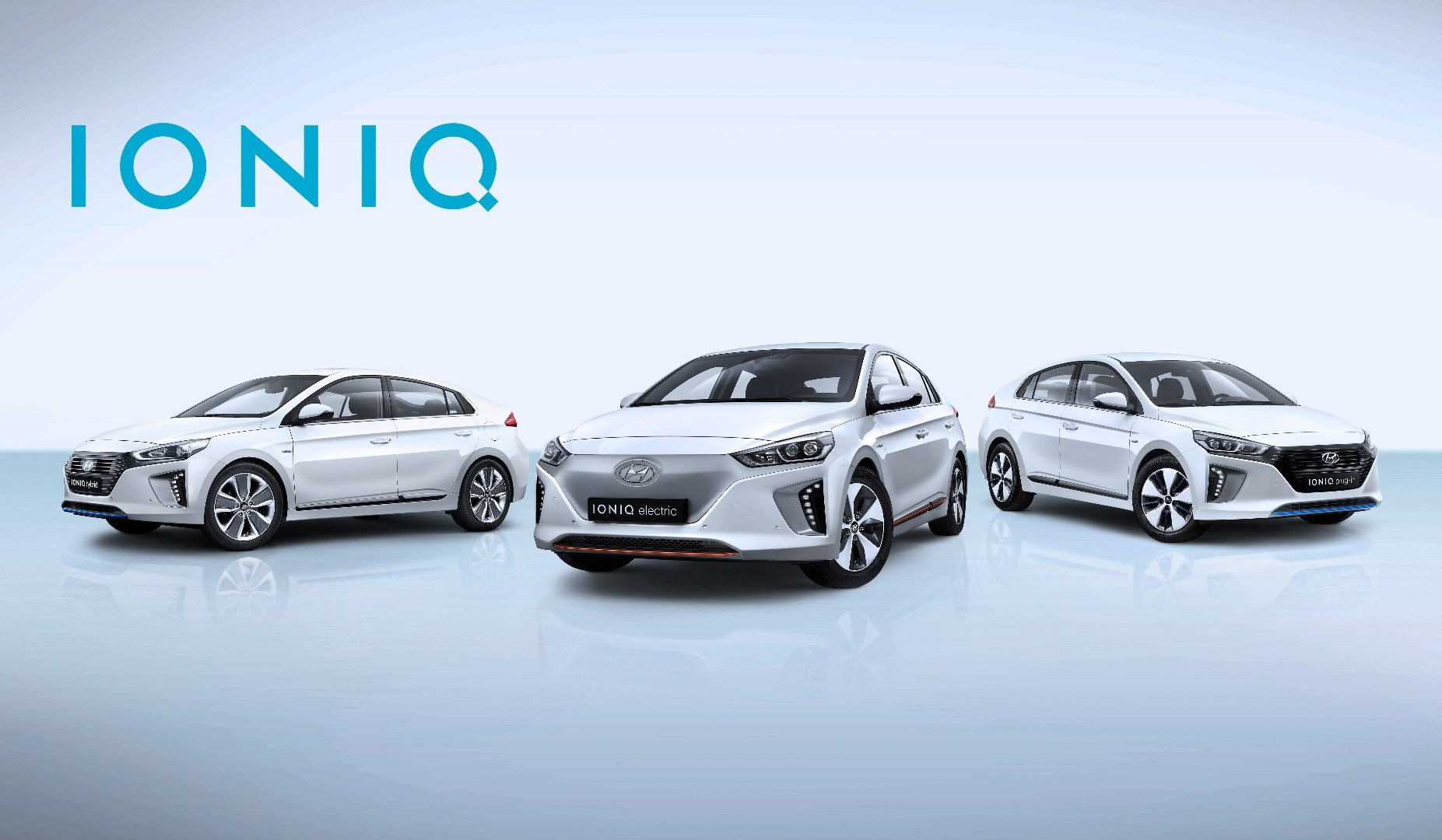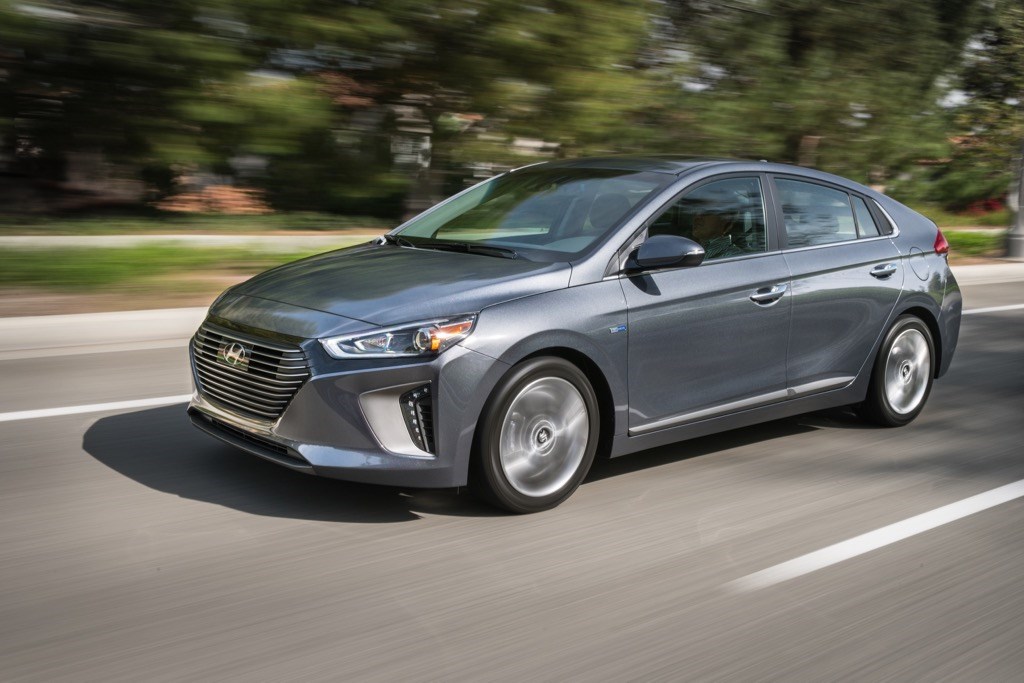While Hyundai New Zealand hopes to have the Ioniq electric vehicle on sale locally this year, it will be at least three years until we see the latest version of the Genesis luxury sedan.
In South Korea to test the Ioniq and Genesis G90, and attend the Busan motor show, Driven spoke exclusively with Hyundai Motor Company’s executive vice president of international operations, Wonshin Chang.
While the G90 is the second of six products to be launched by Hyundai’s standalone luxury brand, Genesis, by 2020, Chang told Driven that there are no plans for a right-hand drive of the product for at least the next three years.

“We are concentrating on the domestic market, China, North America and especially the Middle East for the G90,” he said.
While the Ioniq will have three powertrains – petrol hybrid, petrol plug-in hybrid and pure electric - Chang dismissed any plans for the company to produce a hydrogen fuel cell version of the vehicle.
Hyundai Motor Company has been focusing on hydrogen for the past three years, with trials of the ix35 fuel cell vehicles in Europe and USA.
Instead of a hydrogen Ioniq model, Chang said the company was adding a smaller SUV to the fuel cell line up.
 “We are still restricted by lack of infrastructure worldwide for hydrogen vehicles,” Chang told Driven.
“We are still restricted by lack of infrastructure worldwide for hydrogen vehicles,” Chang told Driven.
That was one reason why the company was pushing its Ionic electric range international.
Launched at the Geneva motor show this year, the hybrid and PHEV are powered by a 1.6-litre petrol engine paired with a 32kW electric motor while the EV has a range of 200km.
Original plans were that the Ioniq would arrive Downunder later this year but Hyundai Australia has delayed launch until next year.
Hyundai NZ though still plans to have the vehicle on sale here in 2016 but may have to opt for a European spec model right-hand drive rather than a Korean built product that the Australians would also take.
 The Ioniq has been touted as Hyundai’s version of the Toyota Prius and Nissan Leaf but the Korean vehicle will appeal to a broad market.
The Ioniq has been touted as Hyundai’s version of the Toyota Prius and Nissan Leaf but the Korean vehicle will appeal to a broad market.
At Hyundai’s Research and Development Centre in Namyang, South Korea yesterday, Driven tested the Ioniq hybrid and EV on the track.
It was also telling to see a number of BMW i3 electric vehicles at the Namyang R&D centre, there as a competitor product to be tested against the Ioniq.
The EV was the standout of the pair with the instant torque impressive, especially as we reached 160km/h within approximately 20 seconds.
The handling of the Ioniq EV was smooth and our test vehicle was highly specced.
Depending on what price Hyundai could launch the Ioniq EV for, this hatchback would be a contender for a top selling pure electric product in New Zealand due to its external and internal styling and performance.
Performance-wise the hybrid went from 0-100km/h in 10.8 seconds and had more of a taxi feel in its performance than that of a private buyers’ city vehicle.




